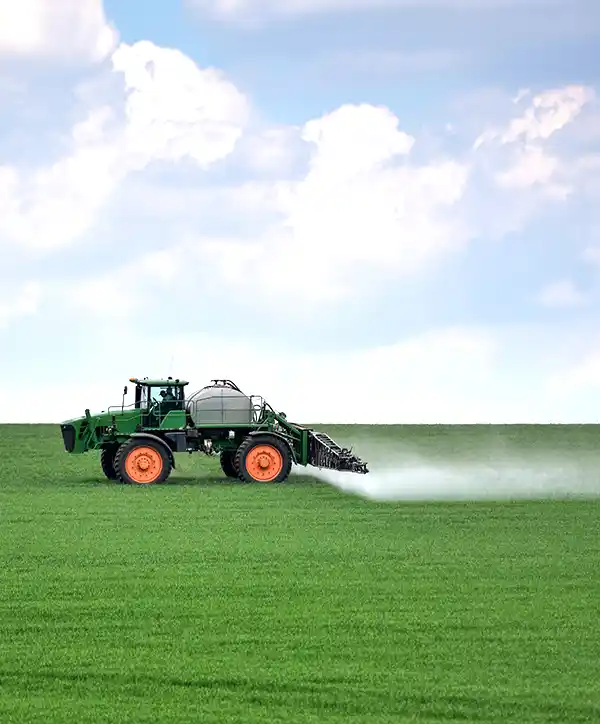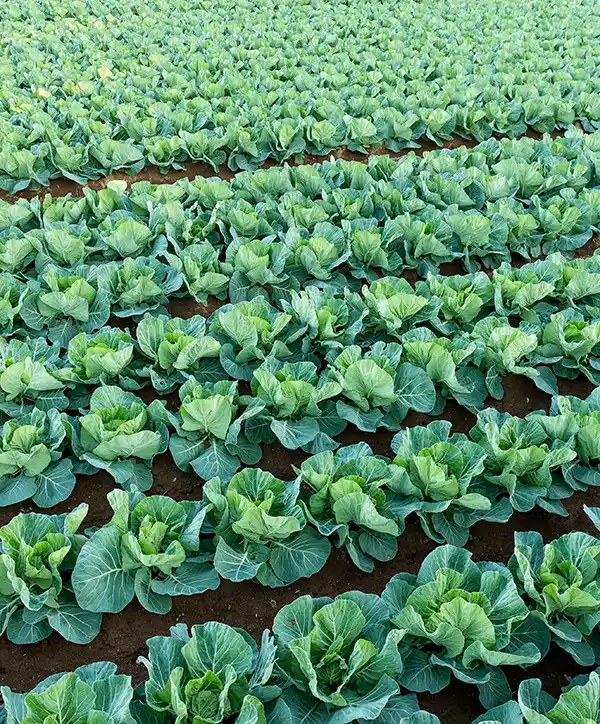Energy, Environment & Climate Change
Background
Canadian fruit and vegetable growers are at the forefront of combatting climate change and embracing sustainable practices on their farms. As both responsible stewards of the land and intelligent business operators, they recognize the importance of sustainability in their operations. These innovative growers have implemented various strategies to provide nutritious and safe food, even amidst the challenges posed by climate change. They are ready and eager to contribute to the development of sustainable solutions.

Why is this important?
In a world impacted by climate change and increasingly concerned about food security, Canada has a critical role to play in feeding the global population. However, a survey conducted by the Fruit and Vegetable Growers of Canada (FVGC) in the fall of 2022 revealed that many growers face barriers to adopting clean agricultural practices. In fact, 67% of respondents reported having to delay implementing smart agriculture practices due to resource reallocation. For numerous growers, making the necessary changes simply isn’t feasible at this time.
Canada falls well below the needs of our producers
Regrettably, financial support for climate-smart agriculture in Canada falls well below the needs of our producers and lags behind that of our main trading partners. A recent report by RBC highlighted this discrepancy, indicating that the United States and the European Union allocate 1.7% and 1.8% of their respective farm gate receipts to climate funding. In contrast, Canada’s climate funding stands at a mere 0.5%, significantly underserving the industry’s requirements.
To address these urgent challenges and ensure the long-term sustainability of Canadian agriculture, increased financial support for climate-smart practices is imperative. Fruit and vegetable growers understand the significance of sustainability as a sound business practice, and they are committed to embracing clean agricultural methods. However, they require adequate resources and support to transition effectively.
By aligning financial investments with the industry’s needs, Canada can empower its growers to lead the way in sustainable agriculture practices. This commitment to sustainability not only preserves and protects the environment but also enhances the growers’ economic resilience and positions them as leaders in the global market. With proper support, Canadian fruit and vegetable growers can continue their vital role as responsible stewards of the land while driving forward sustainable practices that contribute to a more secure and prosperous future.
What We Need
- Climate-Smart Technologies and Infrastructure:
- Access to climate-smart technologies is crucial for Canadian growers.
- Investment is needed in precision farming, efficient irrigation systems, and renewable-powered storage facilities for a sustainable agriculture sector.
- Research and Development (R&D):
- Government support must increase in R&D, targeting resilient farming practices and sustainable crops.
- FVGC advocates for the federal government to cover 70% of project costs for all AgriScience Program research activities to maintain industry competitiveness.
- Policy and Financial Framework:
- Adequate policy support is required for driving investment in Plant Breeding Innovation and novel crop protection products.
- Policies and targets should be science-based to achieve sustainable and effective agricultural practices.
- Carbon tax costs imposed on the greenhouse vegetable sector are estimated at almost $29 million annually, and expected to rise to $82-100 million by 2030.
- Canada is facing an affordability crisis. Inflationary pressures, interest rates and unprecedented, rising costs of inputs continue to disadvantage Canadian farmers and consumers.
- Affordability is a key barrier to farmers’ ability to implement smart agricultural practices that reduce their GHG emissions and contribute other co-benefits to environmental sustainability.
- Food prices will rise, if farmers are forced to continue to pay the federal carbon tax.
- FVGC calls on Parliamentarians to pass Bill C-234 as originally written.
Updates & Resources
- Fertile Ground: How Soil Carbon can be a cash crop for the climate age.
- Grower Cost Summary- Mar 2023
- Agricultural Carbon Alliance (ACA)
- CPMA Preferred Plastics Guide
- Pass Bill C-234
- Understanding the Impact of Carbon Pricing on Farmers, Growers and Ranchers
- AGRI Committee Report – Improving the Resilience of Canada’s Horticultural Sector
- AGRI Committee Report – A Call to Action: How Government and Industry Can Fight Back Against Food Price Volatility
- Fertile Ground: How Soil Carbon can be a cash crop for the climate age (en anglais seulement)
- Grower Cost Summary- Mar 2023 (en anglais seulement)
- Agricultural Carbon Alliance (ACA) (en anglais seulement)
- CPMA Preferred Plastics Guide (en anglais seulement)
- Adopter le Projet de loi C-234
- Comprendre l’impact de la tarification du carbone sure les agriculteurs, les producteurs, les cultivateurs et les éleveurs
-
AGRI Rapport du Comité – Améliorer la résilience du secteur horticole canadien
-
AGRI Rapport du Comité – Un appel à l’action : Comment le gouvernement et l’industrie peuvent lutter contre la volatilité des prix alimentaires
For more information
please contact Angela Reid by submitting this form.

